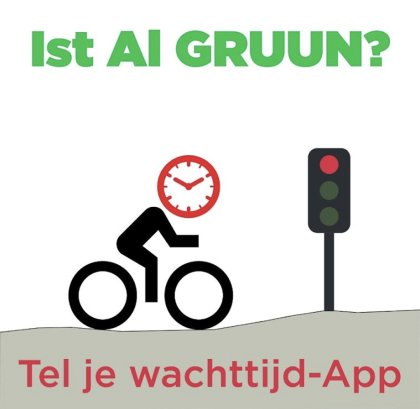
Citizen science allows mobility researchers and mobility planners to collect data at a larger scale and at lower costs compared to traditional data collection methods. However, data accuracy remains an issue when citizens are responsible for collecting data. In 2019, cyclists in Ghent used their smartphones to track their routes and collect their received and objective waiting times at signalised intersections. MOBI researchers developed an evaluation framework for data quality in citizen science and applied to the cyclists' data. The analysis showed that participants on average spent 4% of their trip time waiting at signalised intersections. Furthermore, no clear overestimation or underestimation of the waiting time was found.
Read more about the topic here.
